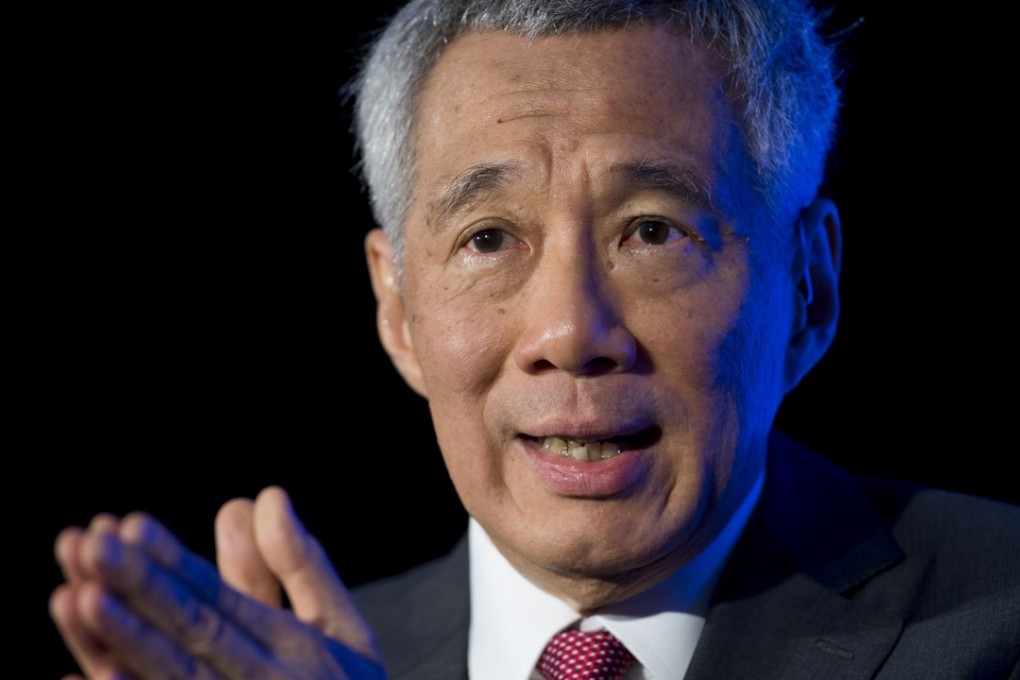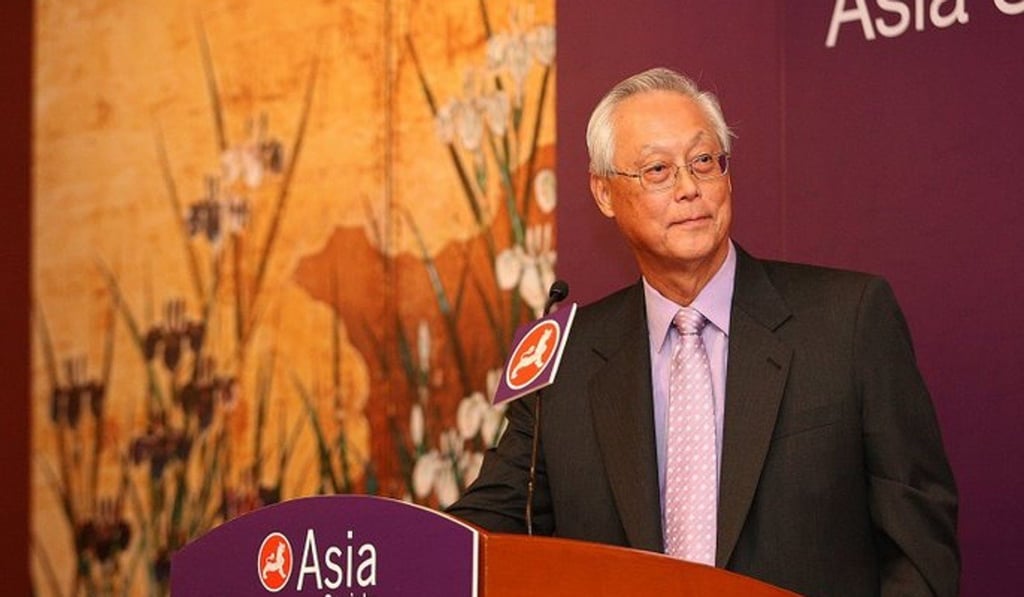Singapore’s next prime minister: what’s taking so Loong?
Speculation over the Lion City’s next leader increases as premier says he will not name a new deputy in an impending cabinet reshuffle

Singapore is officially in a political silly season – and elections are not even due until 2021. Speculation on who will replace Prime Minister Lee Hsien Loong went into overdrive last week when the 65-year-old’s latest comments suggested the selection process within the ruling People’s Action Party (PAP) was still going on and no obvious successor had emerged.
Tongues had already been wagging for months over the opacity of the so-called succession question – given the PAP’s reputation for carefully planning and stage-managing leadership transitions to make them as uneventful as possible with no clashing of gears apparent.
Replying to questions from Singaporean reporters travelling with him on an official visit to New Delhi, Lee said the naming of an heir apparent was likely to take “a little bit longer”.
Providing further fodder for the Lion City’s chattering class, Lee shrugged off public comments by his predecessor Goh Chok Tong in December that the new leader should be named within the next nine months.

On Goh’s timeline, Lee said the former leader was “speaking with the privilege of watching things rather than being responsible for making it happen”.
Political leaders in Singapore rarely contradict one another in public.